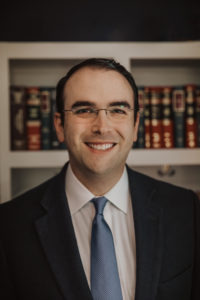Daniel Horwitz featured in Forbes, Nashville Business Journal, The Tennessean for Groundbreaking Win Against Tennessee Regulators
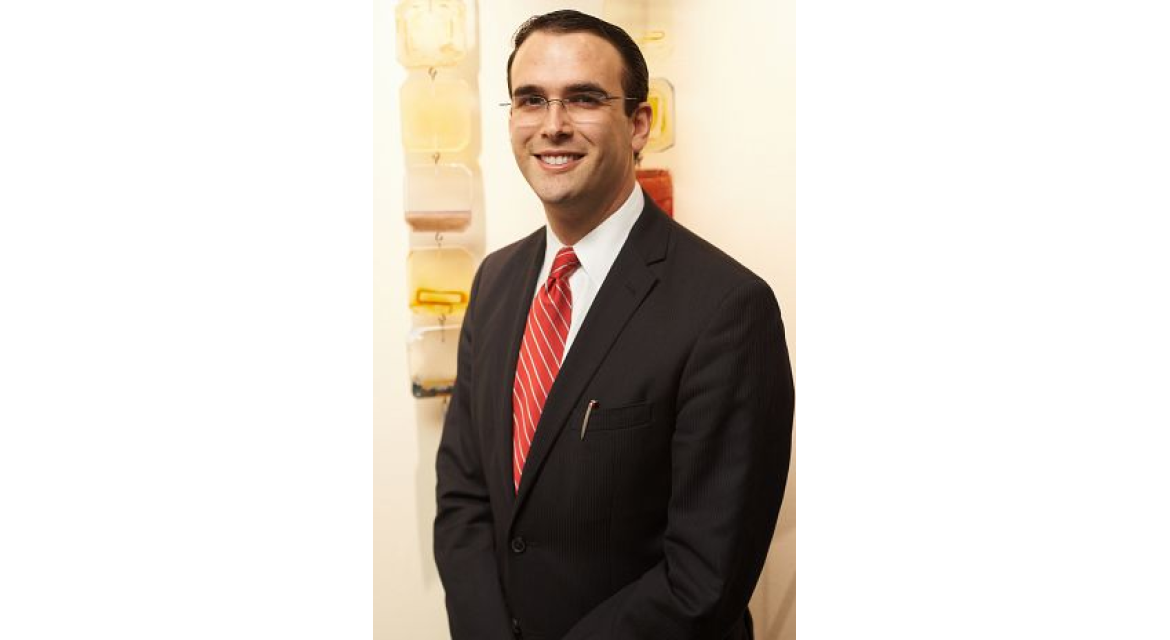
Nashville, Tennessee—The Tennessee Board of Cosmetology and Barber Examiners has officially withdrawn its threatened enforcement action against on-demand beauty services provider Project Belle (“Belle”), green-lighting the company’s business practices and enabling its continued growth throughout the State of Tennessee. Represented by Nashville attorney Daniel Horwitz, Belle responded to the Board’s formal demand that it pay a fine and cease and desist from operating by invoking Belle’s constitutional rights to conduct business free from protectionist governmental interference. The hard-fought victory is featured in Forbes, The Nashville Business Journal, Reason, The Daily Signal, The Tennessean, and other media outlets.
Based on the complaint of a competitor that Belle was introducing “highly disturbing” competition for customers into the market for beauty services, the Board had claimed that the Tennessee Cosmetology Act of 1986 prohibited Belle from facilitating the purchase of cosmetology services in the privacy of a customer’s home. Accordingly, the Board demanded that Belle pay a civil fine, waive its right to judicial review, and cease and desist from operating. Instead, Belle lawyered up and formally contested the Board’s allegations, causing it to “reconsider” its threatened enforcement action. The Board’s decision to permanently withdraw its demand and close the case soon followed.

Photo Credit: Jessica Steddom
“We are extremely pleased that the Board of Cosmetology has withdrawn its unlawful and overzealous threats against Project Belle, whose only crime has ever been to provide eager customers with convenient, premium quality beauty services at competitive prices in the privacy of their own homes,” said Daniel Horwitz, Belle’s attorney. “No government agency should be in the business of preventing popular, innovative businesses from serving willing customers just to protect entrenched industry competitors from competition. We look forward to working with the General Assembly in the coming months to make clear that the Board lacks the authority to deprive healthy, able-bodied consumers of their right to purchase their desired beauty services whenever and wherever they please.”
“The Board has decided to dismiss its complaint and Belle will continue its operations and growth efforts in Nashville,” said Armand Lauzon, Belle’s founder and CEO. “We are delighted by the Board’s decision. It means that beauty professionals who have built businesses with us can continue their success, and our clients can continue enjoying services that many of them desperately need. It also means that economic growth and innovation can continue expanding in Tennessee. We are proud to have helped pave the way on this important issue.”
Read more about the case below:
Tennessee Regulators Drop Complaint, Won’t Block Beauty App From Operating
Tennessee Wants To Shut Down This Beauty And Health App For Offering ‘Highly Disturbing’ Competition
Regulators withdraw complaint against Nashville-based startups
Tennessee Cosmetology Board Admits it Doesn’t Have Authority To Regulate Tech Companies
How This Nashville Tech Company Challenged a State Regulatory Board and Won
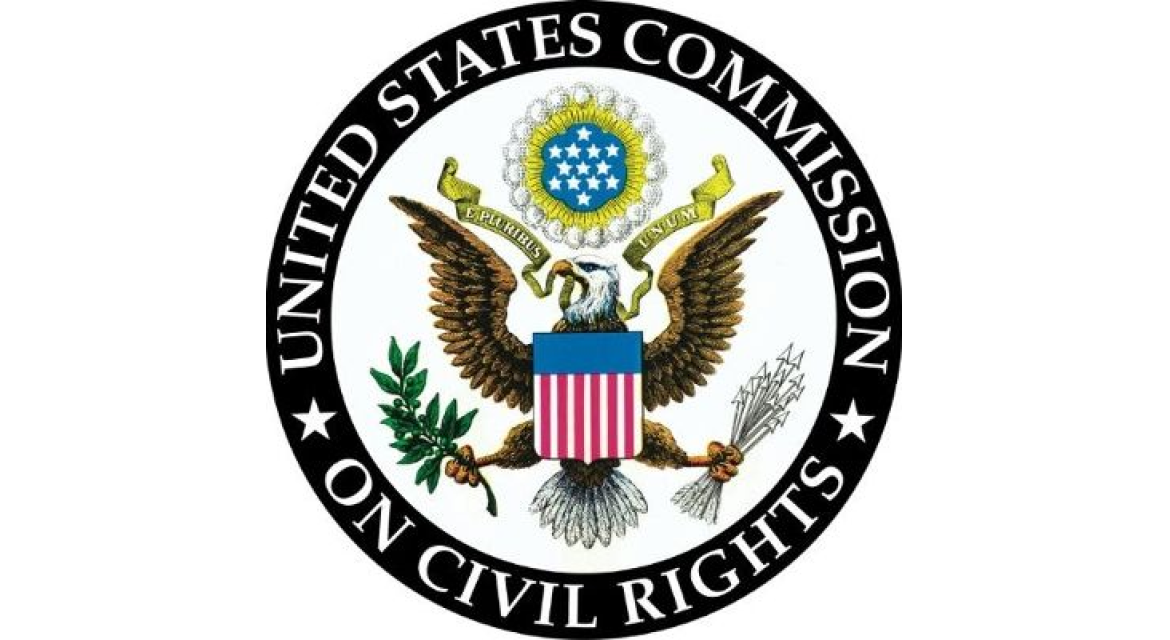

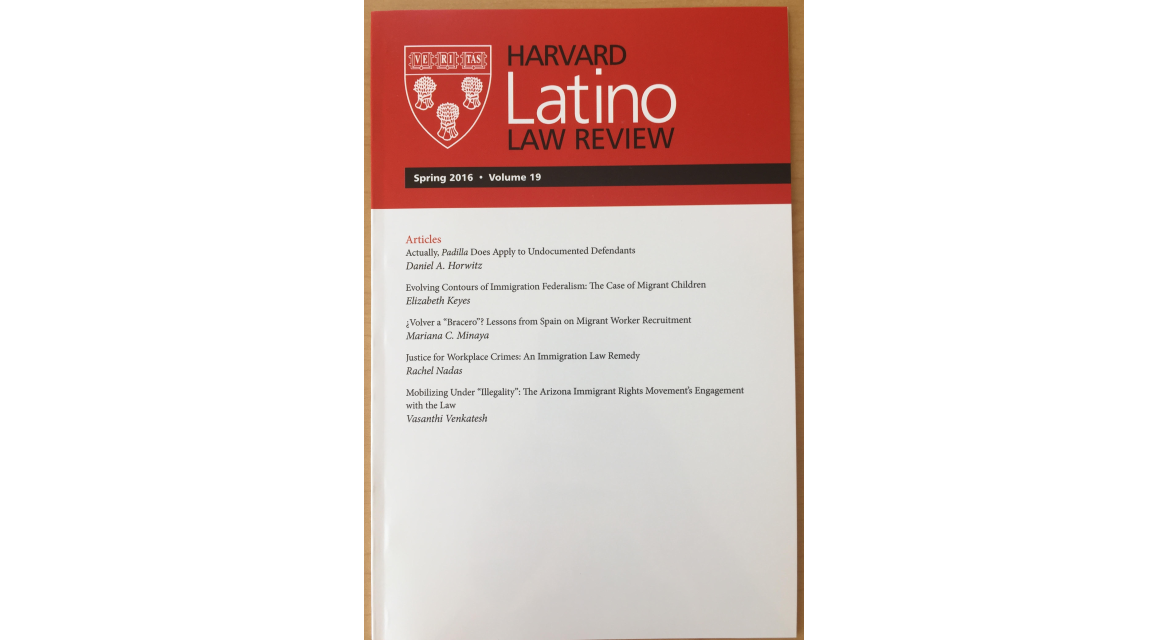
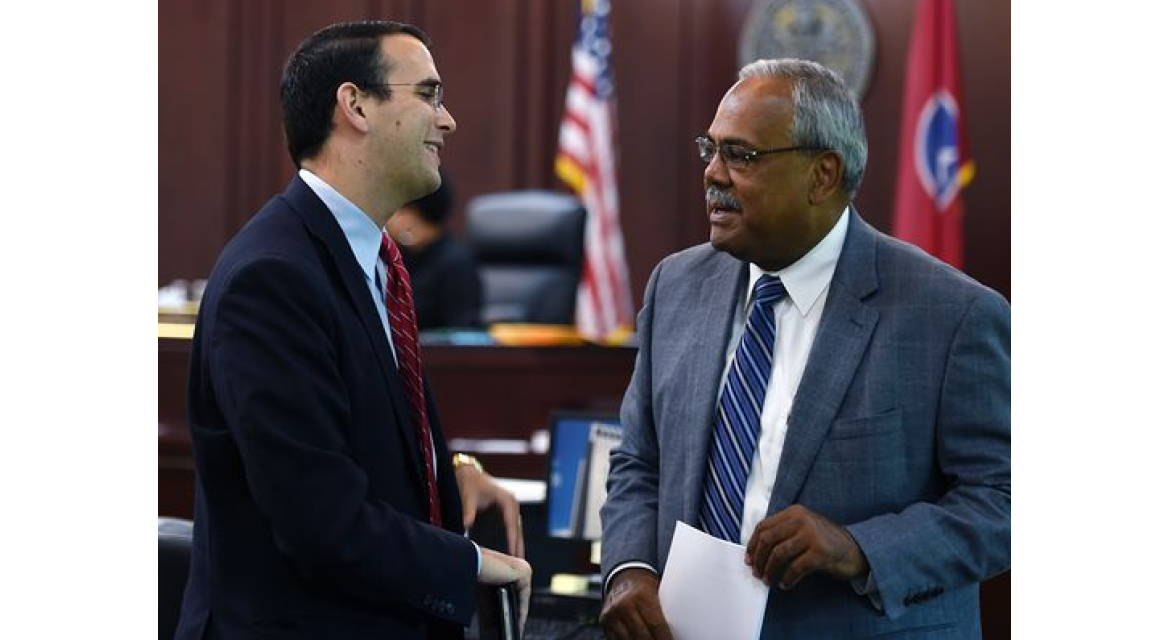
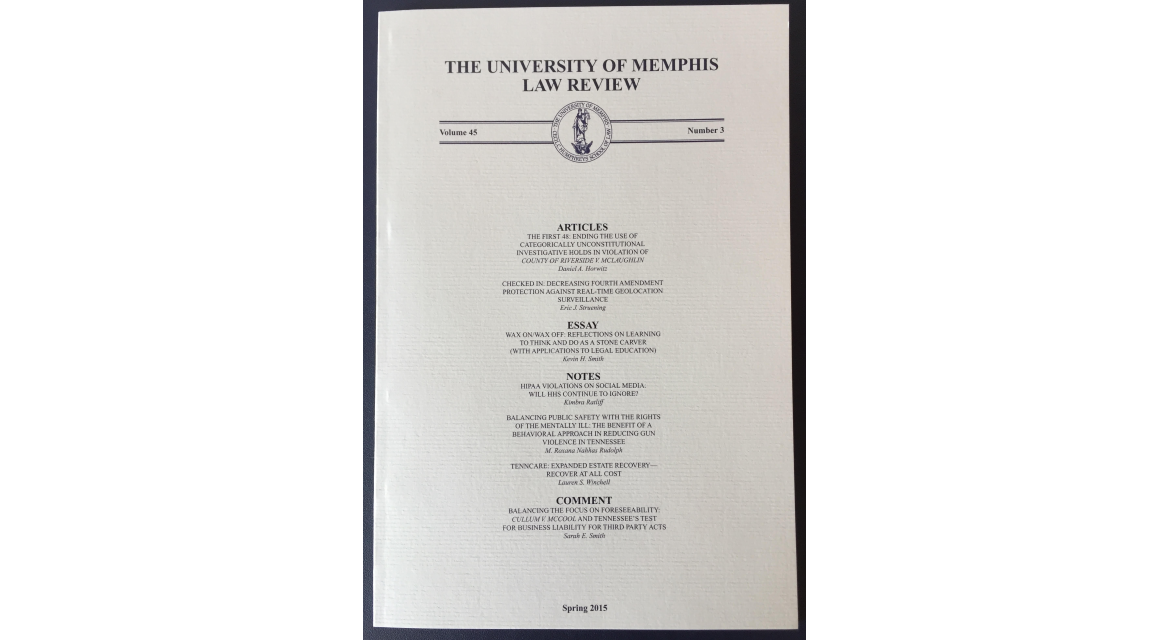
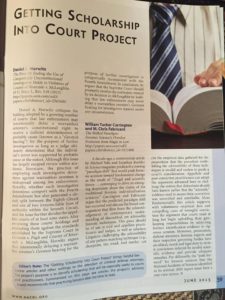 Nashville attorney Daniel Horwitz’s Memphis Law Review article: The First 48: Ending the Use of Categorically Unconstitutional Investigative Holds in Violation of County of Riverside v. McLaughlin, 45 U. Mem L. Rev. 519 (2015), has been selected as a “must read” publication by the National Association of Criminal Defense Lawyers’ (NACDL) The Champion magazine and the Getting Scholarship into Court Project. Since its publication, the article (accessible
Nashville attorney Daniel Horwitz’s Memphis Law Review article: The First 48: Ending the Use of Categorically Unconstitutional Investigative Holds in Violation of County of Riverside v. McLaughlin, 45 U. Mem L. Rev. 519 (2015), has been selected as a “must read” publication by the National Association of Criminal Defense Lawyers’ (NACDL) The Champion magazine and the Getting Scholarship into Court Project. Since its publication, the article (accessible 
